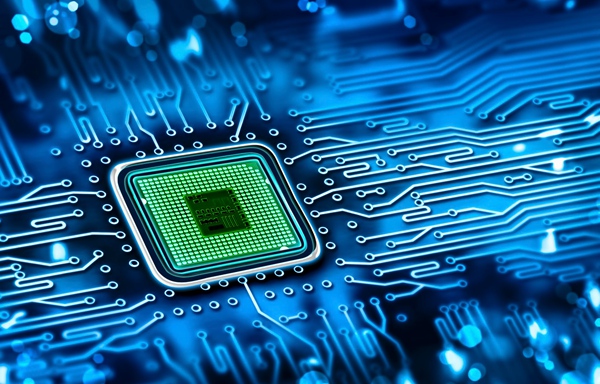Facing the growing demand for chips in the field of artificial intelligence (AI), Ibiden, as the main supplier of chip packaging substrates for many technology giants such as Nvidia, is actively expanding its production capacity. Company CEO Kawashima Koji said that AI substrate sales are strong, existing inventory is rapidly depleted, and market demand is expected to continue until next year. To this end, Ibiden is accelerating the commissioning of new factories and actively communicating with customers to discuss plans to further expand production capacity to cope with possible supply pressures in the future. This not only reflects Ibiden’s keen grasp of market demand, but also reflects the booming development trend of the AI industry.
Ibiden Co., a major supplier of chip packaging substrates for Nvidia's cutting-edge semiconductors, is considering accelerating the improvement of production capabilities to cope with growing market demand. Ibiden CEO Koji Kawashima said that the company's AI-purpose substrate sales are strong and customers are rapidly depleting existing inventory, and this demand is expected to continue into next year.

Currently, Ibiden is building a new packaging substrate factory in Gifu Prefecture, Japan, which is expected to be put into use at 25% capacity in the fourth quarter of 2025 and reach 50% capacity in March 2026. However, Kawashima Koji pointed out that such production capacity may still not be able to meet market demand. He revealed that the company is negotiating with customers to discuss when to start the remaining 50% of production capacity.
Kawashima Koji mentioned that customers are worried about future supply capabilities, and they have begun to inquire about the company's next investment plan and production capacity expansion. Ibiden shares rose 5.5% in Tokyo on Monday, their biggest gain in a month. This reflects the market's concern and expectations for its future development.
Ibiden's customer base includes many well-known companies such as Intel, AMD, Samsung Electronics and TSMC. These companies often cooperate with Ibiden in the early stages of product development, because the substrate needs to be customized according to the characteristics of each chip to ensure that it can withstand the high temperature of Nvidia's graphics processor and complete the packaging of the AI chip.
Founded in 1912 as an electric power company, Ibiden later developed expertise in semiconductors through a partnership with Intel. Koji Kawashima spent every day waiting at Intel's Santa Clara headquarters in the 1990s, soliciting product feedback from engineers and executives, spurring the partnership between the two companies. In the past, Intel accounted for 70% to 80% of Ibiden's chip packaging substrate revenue, but that has fallen to about 30% in the fiscal year that ended in March as Intel's recent transformation challenges have led CEO Pat Kissing to Pat Gelsinger was fired.
Although its dependence on Intel contributed to a roughly 40% decline in Ibiden's stock price, Kawashima in October lowered the company's profit forecast, citing weak demand for general server components as impacting AI server growth. But he also said that despite the need to expand cooperation with other chip manufacturers, he is still confident in Intel's recovery.
Highlights:
Due to strong demand for AI, Ibiden plans to accelerate the production capacity of chip packaging substrates.
The new factory is expected to be put into use in 2025, but it may still not be able to meet market demand.
Ibiden cooperates with a number of well-known technology companies, and customers have expressed concerns about future supply capabilities.
All in all, Ibiden faces huge opportunities and challenges. The booming development of the AI market has brought it unprecedented room for development, but it also requires companies to invest more energy in capacity expansion and customer relationship maintenance. The future development of Ibiden deserves continued attention.